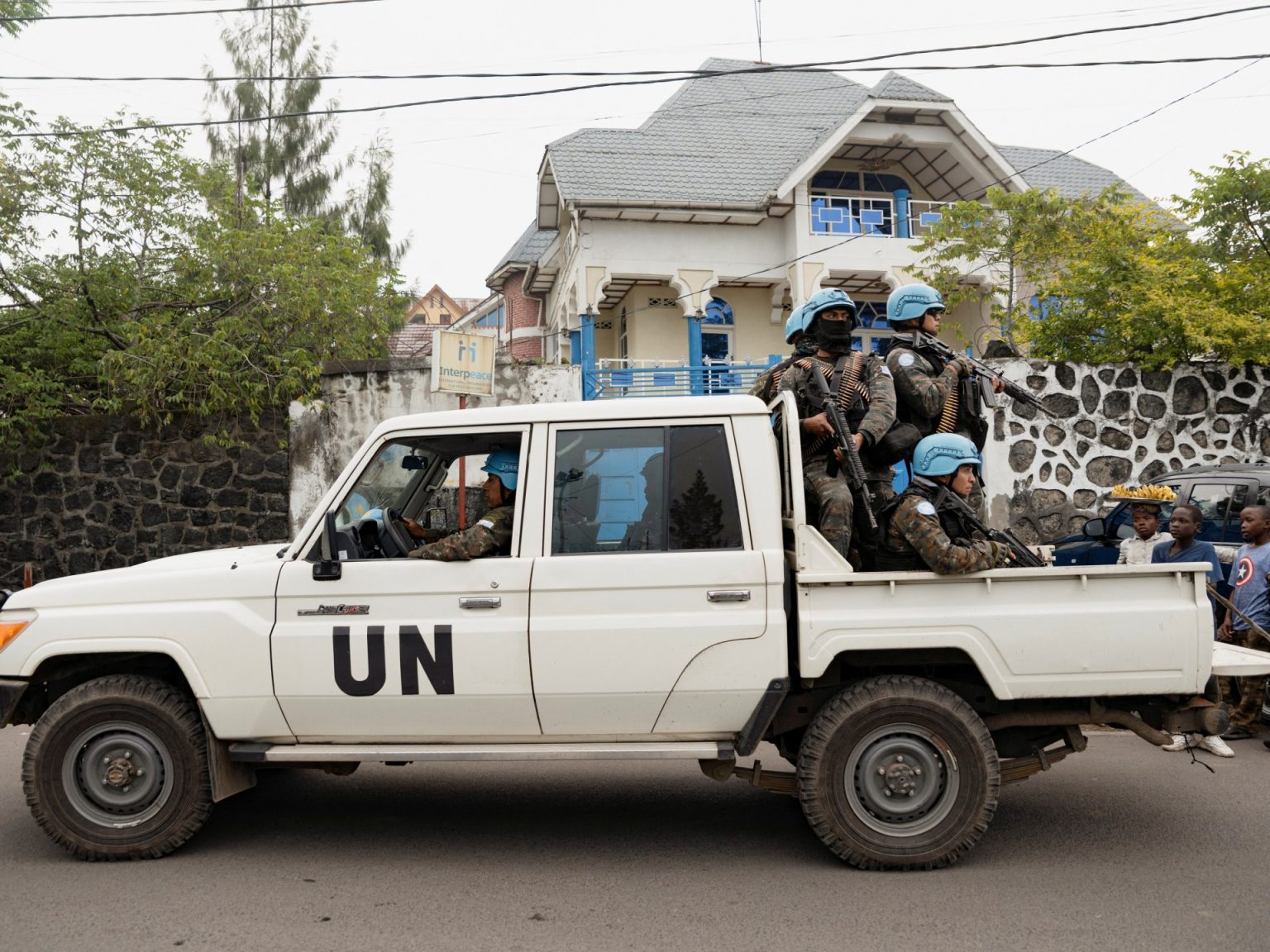The escalating conflict in the Democratic Republic of Congo (DRC) has taken a devastating turn, claiming the lives of at least twelve peacekeepers, including nine South African soldiers and three Malawian soldiers. The casualties occurred during intense clashes between the peacekeepers and M23 rebels, who have been advancing on the strategically important city of Goma, the capital of North Kivu province. The South African National Defence Force confirmed the deaths of its soldiers, stating that two were deployed with the UN peacekeeping force MONUSCO, while seven others served in the Southern African Development Community’s (SADC) regional force. The Malawian military also confirmed the deaths of its three peacekeepers serving with the SADC mission. The peacekeepers fought valiantly to repel the M23 rebels’ advance on Goma, ultimately succeeding in pushing them back. This marks a significant escalation in the ongoing conflict and raises concerns about the stability of the region.
The resurgence of the M23 rebellion, a group composed primarily of ethnic Tutsis who defected from the Congolese army over a decade ago, has destabilized eastern DRC. Since its renewed activity in 2022, M23 has steadily gained ground, capturing territory and displacing thousands of civilians. The UN and the DRC government have accused Rwanda of providing support to M23, including troops and weapons, although Rwanda denies these allegations. The international community is increasingly worried about the potential for the conflict to escalate into a broader regional war, with devastating consequences for the already volatile region. The recent territorial gains by M23, including the encirclement of Goma, highlight the growing threat posed by the rebel group.
Goma, home to approximately two million people, serves as a crucial hub for humanitarian aid and security operations in eastern DRC. The UN’s decision to temporarily relocate non-essential staff from the city underscores the escalating security concerns. While essential personnel remain in Goma to continue providing vital services like food distribution, medical assistance, and shelter for vulnerable populations, the relocation signals the gravity of the situation. The fighting has caused significant displacement, with over 237,000 people forced to flee their homes since the beginning of the year. The humanitarian crisis in eastern DRC is one of the largest in the world, with millions of people affected by decades of conflict and displacement.
The M23 rebellion is just one facet of the complex and multifaceted conflict that has plagued eastern DRC for decades. Over 100 armed groups operate in the mineral-rich region, vying for control and exploiting resources. This long-standing conflict has resulted in immense human suffering, with an estimated six million deaths and seven million internally displaced persons since 1998. The recent capture of Sake, a town just 27 kilometers west of Goma, by M23 further restricts access to the provincial capital and exacerbates the humanitarian crisis. This strategic location served as one of the last remaining routes under government control, further isolating Goma and hindering aid delivery.
The international community is grappling with how to address the escalating violence and prevent further destabilization of the region. The deaths of the peacekeepers highlight the risks faced by those working to maintain peace and security in the DRC. The UN Security Council has expressed deep concern over the situation and called for all parties to cease hostilities and engage in dialogue. However, finding a lasting solution to the conflict requires addressing the root causes, including political instability, ethnic tensions, and competition for resources. The presence of numerous armed groups further complicates the situation, making it challenging to achieve a comprehensive peace agreement.
The ongoing conflict in eastern DRC presents a formidable challenge for both regional and international actors. The humanitarian crisis continues to worsen, with increasing numbers of displaced people in need of assistance. The international community must work collaboratively to support the Congolese government in its efforts to restore stability and security. This includes providing humanitarian aid, strengthening peacekeeping efforts, and addressing the root causes of the conflict. A long-term solution requires a comprehensive approach that involves political dialogue, security sector reform, and sustainable development initiatives. Failure to address the underlying drivers of the conflict risks further escalation and prolonged instability in the region.

